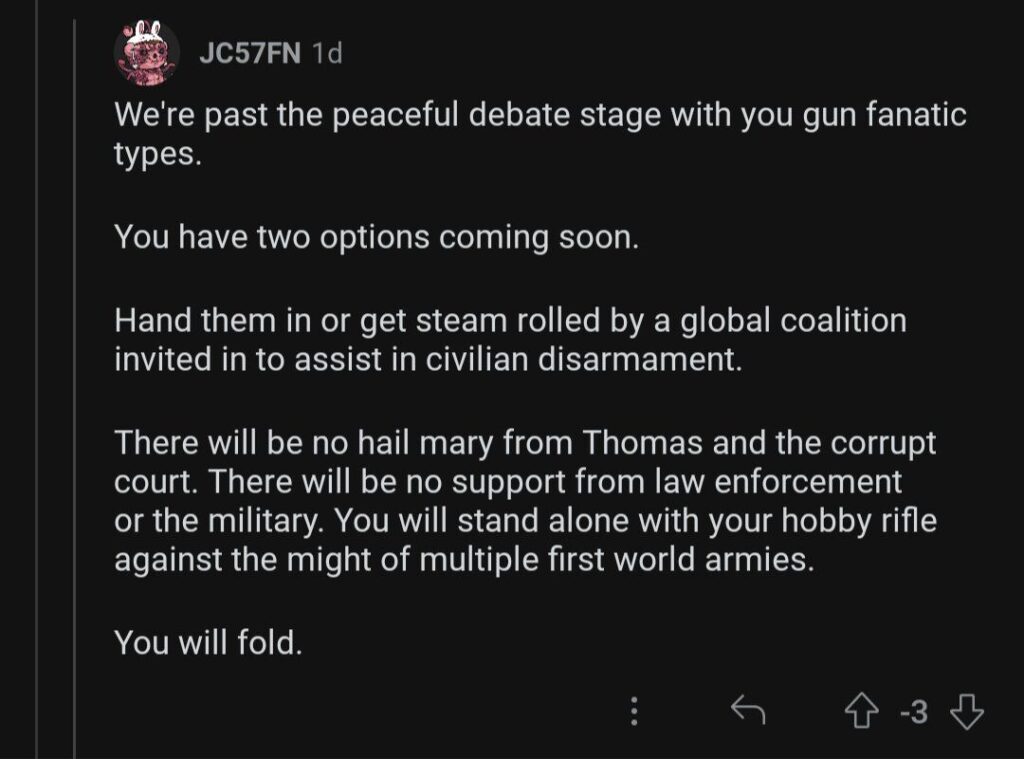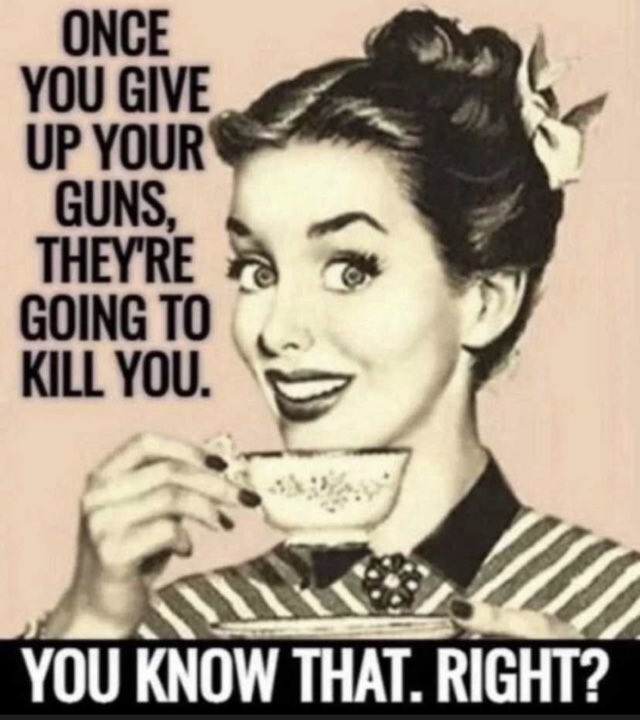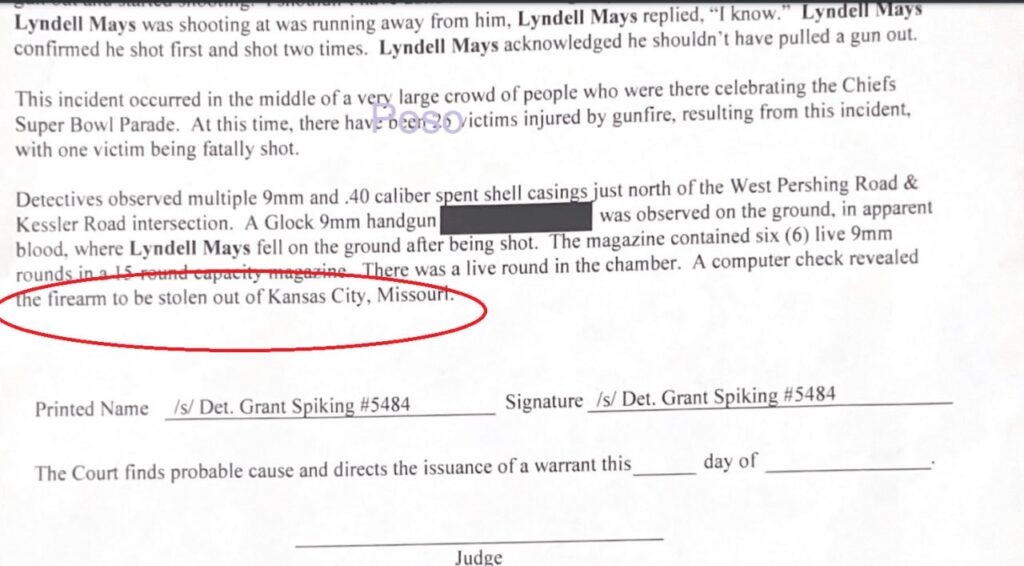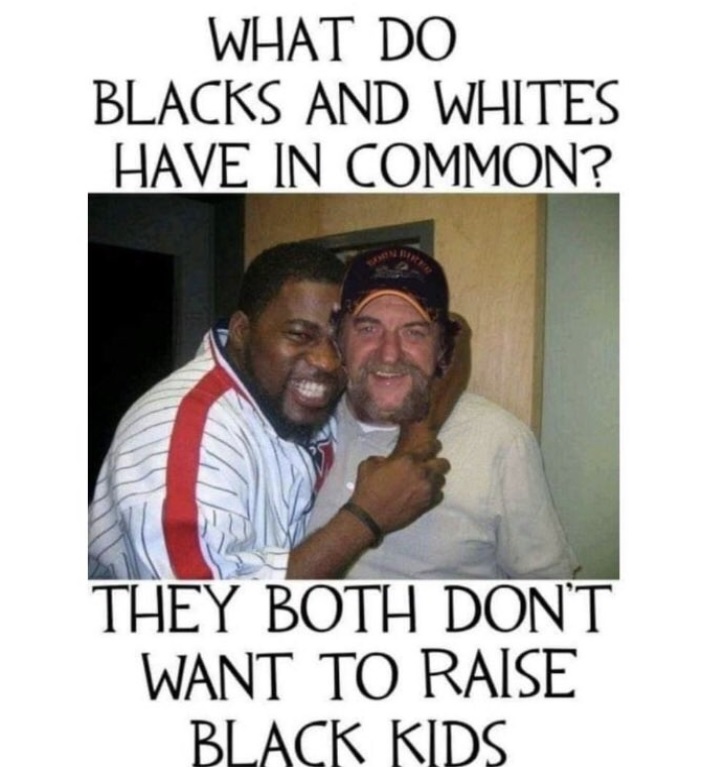
A few questions for this dipshit:
- Who is going to invite in this ‘global coalition’ of armies?
- What will the force composition be?
- How exactly will you get the US police, military, and the courts to sit idly by and watch as all of this unfolds?
Now a couple of points to consider:
Lets look at a couple of relatively recent events as guidance on how this will go:
Iraq is slightly less than 170,000 square miles in area, or about the size of California. During the height of the conflict there, the insurgents numbered about 3,000. Afghanistan is about 252,000 square miles, or slightly smaller than the state of Texas. During the height of the insurgency there, the opposition numbered around 75,000, mixed in with a population of about 35 million.
So both conflicts combined saw the coalition forces facing less than 80,000 insurgents in an area the one seventh size of the contiguous states of the US. Those two conflicts lasted for decades and cost more than 25,000 dead and wounded coalition soldiers.
Now expand that area to make it seven times larger, and instead of facing 80,000 insurgents, you now have 100 million of them all looking for a piece of your ass. The little masturbatory fantasy you are describing is total war between a third of the citizens of the US and an invading army. There are 100 million gun owners in the US, and those gun owners have roughly 600 million firearms. Just one percent of them would outnumber any realistic coalition force that would be here.
To the lefties who are dreaming of this situation, I ask you this: What makes you think that you will be immune to the violence? When they drop a 500 lb JDAM on your gun owning neighbor, are you counting on not being collateral damage? What about when your gun owning neighbor decides that you are the one who dropped a dime on his brother and got him shot by a coalition soldier? Do you think that no one will come after you? From either side?
These brain dead dumbasses have no idea what they are talking about. I know a guy who was a combat engineer in the Army. I also know that he has more than a couple of bricks of composition four stored in his house. I am betting that he isn’t alone in that. Now imagine a gun owner strapping 100g or so of that to a relatively cheap DJI drone and going hunting for some red force armored vehicles.
Use your own imagination to come up with resistance scenarios, and you quickly see what an unrealistic fantasy this is, which brings me to my point.
All of the armies of the world would find it impossible to subjugate the largest armed population that the world has ever known, which is the exact point of the right to keep and bear arms. Everyone who isn’t a fucking idiot knows this to be true, which is why no one has tried to take them.



